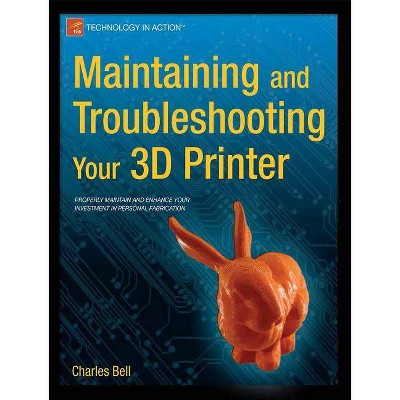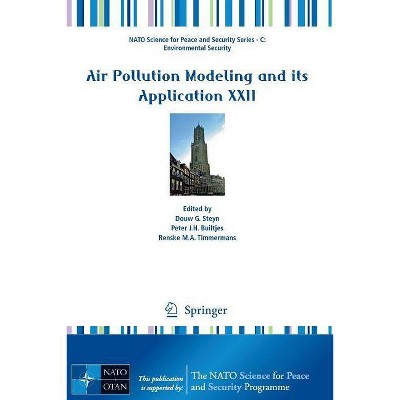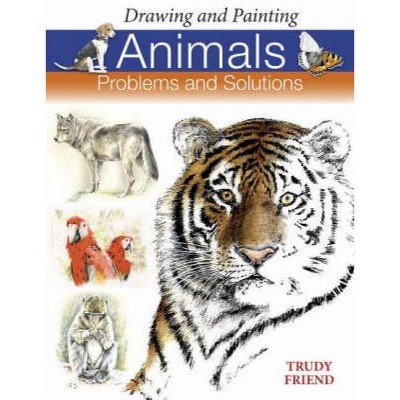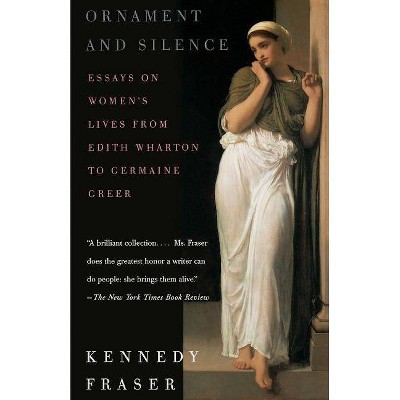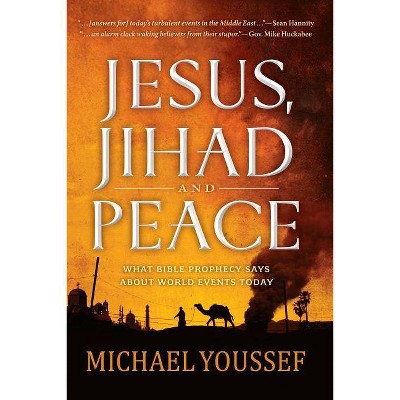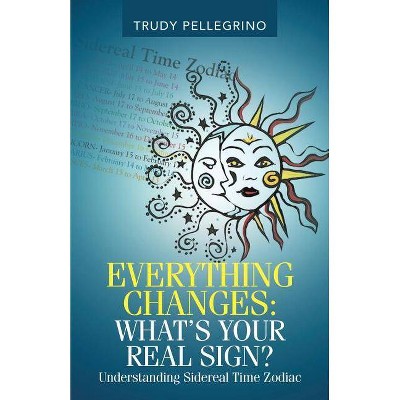Maintaining Peace and Security? - by Trudy Fraser (Paperback)
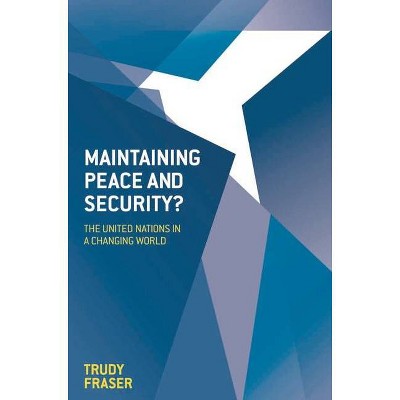
Similar Products
Products of same category from the store
AllProduct info
<p/><br></br><p><b> About the Book </b></p></br></br>"The security concerns of the United Nations today extend far beyond what the writers of the 1945 Charter could have imagined. As a result, the UN has been compelled to reconsider the parameters of what constitutes a threat to international peace and security, and what it means to be safe and secure in the twenty-first century. This text critically assesses the capacity of the UN to evolve in response to changing notions of security, and examines the complex history of people, places and politics that have helped shape this important global actor"--<p/><br></br><p><b> Book Synopsis </b></p></br></br>The security concerns of the United Nations today extend far beyond what the writers of the 1945 Charter could have imagined. As a result, the UN has been compelled to reconsider the parameters of what constitutes a threat to international peace and security, and what it means to be safe and secure in the twenty-first century. This text critically assesses the capacity of the UN to evolve in response to changing notions of security, and examines the complex history of people, places and politics that have helped shape this important global actor.<p/><br></br><p><b> Review Quotes </b></p></br></br><br>"Comprehensive in its scope and insightful in its analysis, Trudy Fraser's account of the perpetual struggle over UN reform shows why the issue has proven so difficult over the years and why it remains so crucial. Eschewing the glib grandiosity of some of the organization's critics and proponents, this volume provides a finely grained analysis of the challenges facing the world organization as it strives to remain fit for purpose in the twenty-first century. A must read for newcomers to the UN and old hands alike." -<br>Professor Alex Bellamy, Griffith University <br>"This excellent, concise, book makes a major contribution to the literature of international relations I am delighted to recommend [it] warmly to scholars and a wider readership alike." - David M. Malone, Rector of the United Nation University and Under-Secretary-General of the UN <br>"The United Nations is a place where realism and idealism meet. Trudy Fraser's account of UN history captures the full range of the organization's aspirations, accomplishments and inevitable disappointments always with an eye toward forging a positive future. Students and policymakers alike should read it as an indispensable guide and a companion to the possibilities and limitations of global governance."- Joel H. Rosenthal, President of the Carnegie Council for Ethics in International Affairs <br>"According to received wisdom, the United Nations is either hopeless or the hope for humanity. Trudy Fraser explores why it is neither but rather an ever-evolving operational and normative experiment that many founders would not recognize. Essential reading for those who wish to better understand the UN's past, present, and future challenges, limitations, and unexplored potential." - Professor Thomas G. Weiss, The CUNY Graduate Center <br>"<br><p/><br></br><p><b> About the Author </b></p></br></br><p>Trudy Fraser is a Postdoctoral Research Fellow with joint affiliation at the United Nations University in Tokyo, Japan, and the University of Tokyo, Japan.<br>Trudy Fraser is a Postdoctoral Research Fellow with joint affiliation at the United Nations University in Tokyo, Japan, and the University of Tokyo, Japan.</p>
Price History
Price Archive shows prices from various stores, lets you see history and find the cheapest. There is no actual sale on the website. For all support, inquiry and suggestion messagescommunication@pricearchive.us

